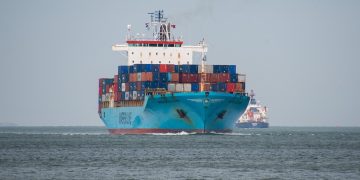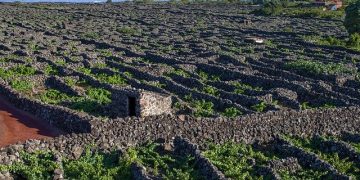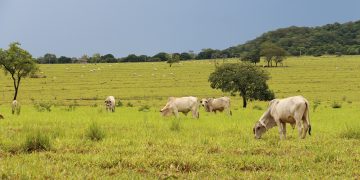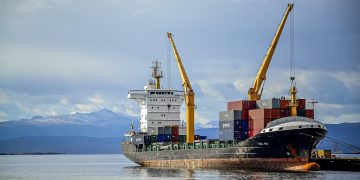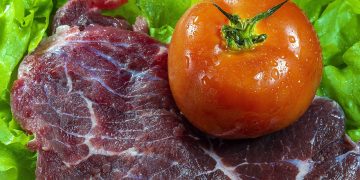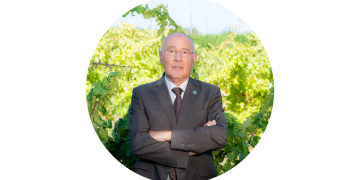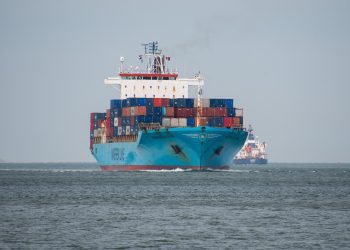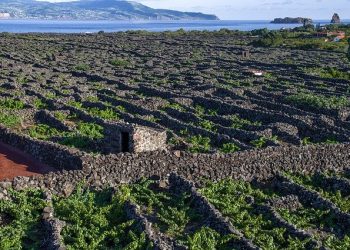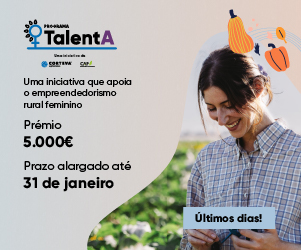Today the Council formally adopted the – first of its kind – regulation on nature restoration. This law aims to put measures in place to restore at least 20% of the EU’s land and sea areas by 2030, and all ecosystems in need of restoration by 2050.
It sets specific, legally binding targets and obligations for nature restoration in each of the listed ecosystems – from terrestrial to marine, freshwater and urban ecosystems.
The regulation aims to mitigate climate change and the effects of natural disasters. It will help the EU to fulfil its international environmental commitments, and to restore European nature.
I am pleased with this positive vote on the Nature Restoration Law, which was agreed between the European Parliament and the Council almost a year ago. It is the result of hard work, which has paid off. There is no time for a break in protecting our environment. Today, the Council of the EU is choosing to restore nature in Europe, thereby protecting its biodiversity and the living environment of European citizens. It is our duty to respond to the urgency of the collapse of biodiversity in Europe, but also to enable the European Union to meet its international commitments. The European delegation will be able to go to the next COP with its head held high.
Alain Maron, Minister for Climate Transition, Environment, Energy and Participatory Democracy of the Government of the Brussels-Capital Region
Restoring land and sea ecosystems
The new rules will help to restore degraded ecosystems across member states’ land and sea habitats, achieve the EU’s overarching objectives on climate mitigation and adaptation, and enhance food security.
The regulation requires member states to establish and implement measures to restore at least 20% of the EU’s land and sea areas by 2030.
The regulation covers a range of terrestrial, coastal and freshwater, forest, agricultural and urban ecosystems, including wetlands, grasslands, forests, rivers and lakes, as well as marine ecosystems, including seagrass and sponge and coral beds.
Until 2030, member states will prioritise Natura 2000 sites when implementing the restoration measures.
On habitats deemed in poor condition, as listed in the regulation, member states will take measures to restore:
- at least 30% by 2030
- at least 60% by 2040
- at least 90% by 2050
Non-deterioration efforts
Member states will make efforts to prevent significant deterioration of areas that:
- have reached good condition thanks to restoration
- host the terrestrial and marine habitats listed in the regulation
Protecting pollinators
In recent decades, the abundance and diversity of wild insect pollinators in Europe have declined dramatically. To address this, the regulation introduces specific requirements for measures to reverse the decline of pollinator populations by 2030 at the latest.
Ecosystem-specific measures
The regulation sets out specific requirements for different types of ecosystems, including agricultural land, forests and urban ecosystems.
Member states will put measures aiming to enhance two out of these three indicators: grassland butterflies’ population, stock of organic carbon in cropland mineral soils and share of agricultural land with high-diversity landscape features. Increasing forest birds’ population and making sure there is no net loss on urban green spaces and tree canopy cover until end of 2030 are also key measures of this new law.
Member states will put in place measures aiming to restore drained peatlands and help plant at least three billion additional trees by 2030 at the EU level. In order to turn at least 25 000 km of rivers into free-flowing rivers by 2030, member states will take measures to remove man-made barriers to the connectivity of surface waters.
National restoration plans
Under the new rules, member states must plan ahead and submit national restoration plans to the Commission, showing how they will deliver on the targets. They must also monitor and report on their progress, based on EU-wide biodiversity indicators.
Next steps
The regulation will now be published in the EU’s Official Journal and enter into force. It will become directly applicable in all member states.
By 2033, the Commission will review the application of the regulation and its impacts on the agricultural, fisheries and forestry sectors, as well as its wider socio-economic effects.
Background
The European Commission proposed a nature restoration law on 22 June 2022, under the EU biodiversity strategy for 2030, which is part of the European Green Deal. Over 80% of European habitats are in poor shape. Past efforts to protect and preserve nature have not been able to reverse this worrying trend.
This is why, for the first time ever, the regulation sets out to adopt measures to not only preserve but to restore nature. The regulation will help the EU reach its international commitments, in particular the Kunming-Montréal Global Biodiversity Framework agreed at the 2022 UN Biodiversity Conference (COP15).
- Nature restoration law
- Nature restoration (background information)
- Biodiversity: how the EU protects nature (background information)
O artigo foi publicado originalmente em Conselho Europeu.


